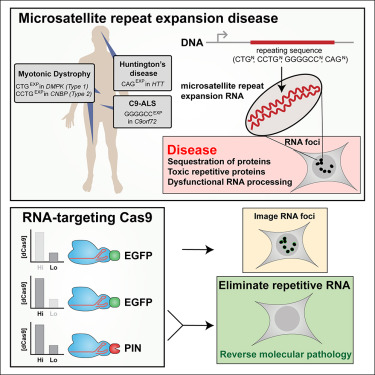Single-nucleus RNA sequencing, droplet by droplet
DroNc-Seq — a technology that merges single-nucleus RNA sequencing with microfluidics — brings new scale to gene expression studies in complex tissues. Last year Broad researchers described a single-nucleus RNA sequencing method called sNuc-Seq. This system enabled researchers to study the gene expression profiles of difficult-to-isolate cell types as well as cells from archived tissues. …











